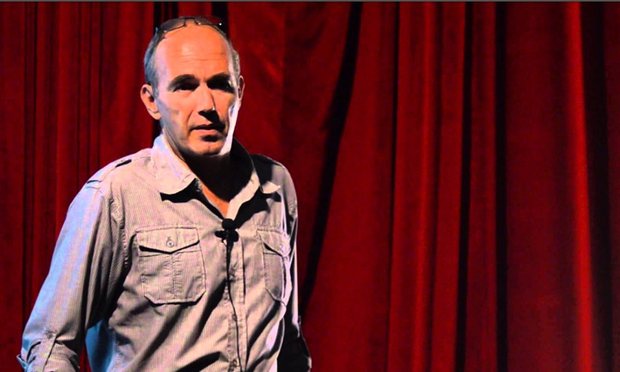International journalism groups call for the release of Okke Ornstein, who is facing 20 months in jail over articles published on his blog. Panama needs to change it’s laws regarding libel so that they cannot be used for unnecessary retribution.
A Dutch journalist, Okke Ornstein, is being held in jail in Panama after being arrested on a charge of criminal libel.
He is facing a 20-month prison sentence over articles published on his blog about the business practices of a Canadian who lives in Panama City, Monte Friesner.
The Dutch Journalists Association (NVJ) has called for Ornstein’s release, arguing that the charge is baseless.
Its secretary-general, Thomas Bruning, said the prison sentence “is against the fundamental principles of freedom of speech and the freedom of expression, principles that are acknowledged as fundamental rights worldwide.”
His call is backed by the International and European Federations of Journalists (IFJ and EFJ). IFJ’s president, Philippe Leruth, said: “Journalists should be able to investigate freely. The messenger is being punished [for his message].
“This prison sentence sends a signal that critical journalism on fraud and corruption is not possible in Panama. Ornstein is being punished in a way that does not comply with the principles of a democratic justice system.”
According to Ornstein’s lawyer, Channa Samkalden, Ornstein did not get due process during the criminal proceedings in Panama following a complaint from Freisner.
NVJ is working with the Dutch foreign ministry and the Dutch embassy in Panama to secure Ornstein’s release.
Ornstein, who works for Dutch broadcasters and Al-Jazeera, often writes about corruption and fraud cases on his bananamarerepublic blog (which is currently closed).
His broadcasting work has been nominated for awards, such as the Prix Europa radio prize in 2013 and the Tegel prize in 2015.
In the former instance, his radio documentary about the environmental consequences of a hydroelectric dam in Panama funded by a Dutch bank prompted questions in the Dutch parliament.
